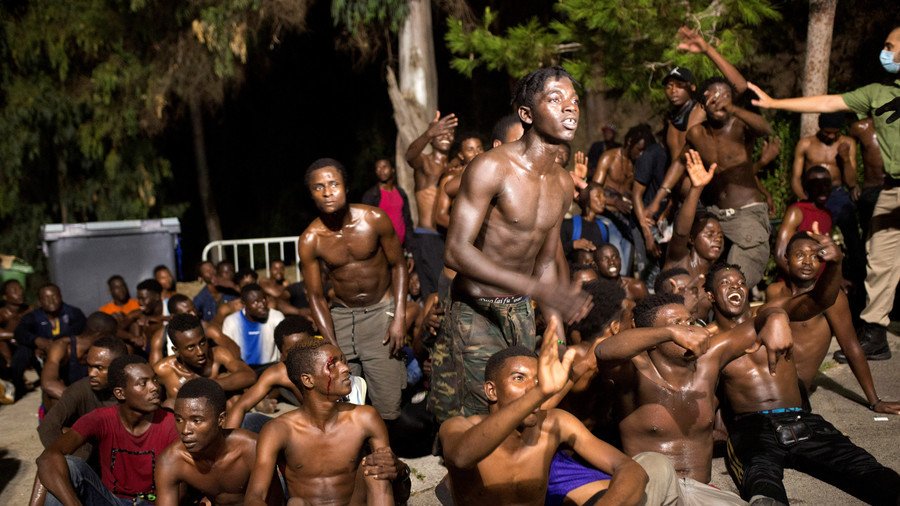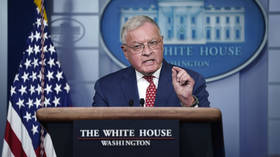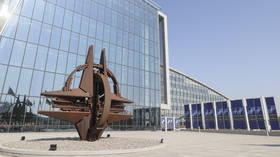Is Merkel saving face? Controversial Germany-Spain deal on migrants comes into force

As a Berlin-Madrid deal to send back migrants coming though Spain comes into force, critics call it a "symbolic" gesture aimed to calm the political storm in Germany but that will not solve the migrant crisis.
Germany reached a deal on Wednesday for Spain to take back previously registered migrants who show up at the German border. The move is seen as the first step towards implementing a deal which Merkel earlier reached within the ruling coalition to defuse the political dispute in Germany over migration.
Under the Wednesday agreement, migrants picked up at the German border who previously registered in Spain will be returned there within 48 hours, German Interior Ministry spokeswoman Eleonore Petermann said.
While Berlin portrays the deal as a breakthrough in the current gridlock over migrants, some Spanish port cities are concerned there are not enough resources to cope with the new arrivals. On Thursday, the mayor of the Andalusian city, Algeciras, one of the largest ports in Europe, criticized the recent arrival of an NGO rescue ship carrying 87 migrants.
José Ignacio Landaluce told local media that as mayor, he has "to ensure citizens' interests" and that he doesn't want a "social imbalance."
"The Spanish have big hearts, yes, but on this issue we have to use our heads, because there is not enough money," he said.
Spain overtook Italy to become the largest European gateway for asylum seekers traveling across the Mediterranean, according to recent data from the International Organization for Migration. Over 24,000 have arrived on Spanish shores so far this year – three times more than in 2017.
The vulnerability of the Spanish borders was seen in a recent incident in the Spanish enclave of Ceuta, a hub for African migrants trying to reach Europe. In late July, hundreds of asylum seekers attempted to cross into Spain from Morocco, and most of them succeeded.
Symbolic agreement?
Rafael Ripoll, the president of the right-wing Spanish party Respeto, says that Spain is blindly following orders from Germany. "The only purpose of this symbolic agreement is to help Merkel save face before her own government, which is in trouble right now. And of course, Spain is going to obediently take whatever Merkel throws at us," he told RT.
Ripoll believes that Europe – particularly Spain – can't take in more migrants. "Every week, we see problems plaguing Spanish cities, all because there is no way to control the inflow of migrants, and because there is no way to give jobs to the newcomers."
Meanwhile, "thousands of skilled young Spanish people" are leaving the country every month because the state fails to provide them with opportunities, Ripoll said. "We've made the biggest mistake a nation can make: we have forsaken our own children to take in others."
Merkel's coalition nearly fell apart in June over a rift caused by the migrant crisis. German Interior Minister and Bavaria's Christian Social Union (CSU) leader Horst Seehofer threatened to resign if the influx of asylum seekers to Germany wasn't curbed. A compromise was eventually reached after it was agreed that Germany will prevent migrants registered elsewhere from entering the country and will return them to the point of their departure. However, the political damage had already been done – recent polls show a record decline in the ratings of German Chancellor Angela Merkel's ruling coalition.
Europe is currently experiencing the biggest refugee crisis since WWII. The number of asylum application reached 650,000 in 2017.
Think your friends would be interested? Share this story!














